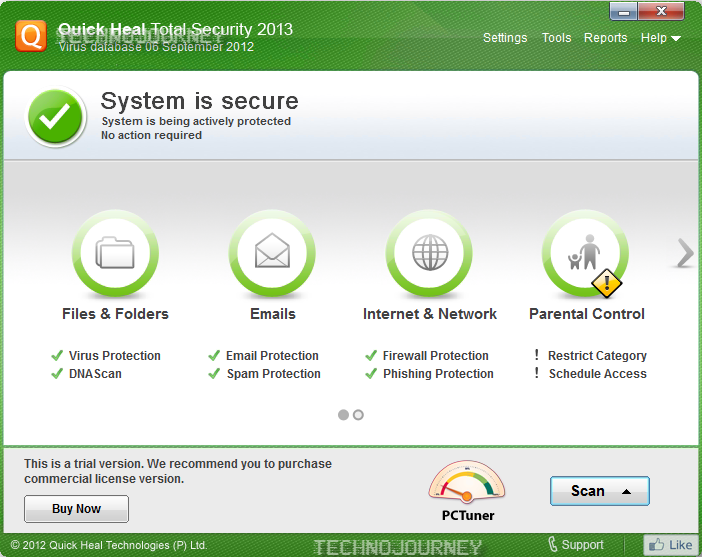The core applications, Word, Excel, PowerPoint and Access have only minor improvements, however Outlook 2003 received a significant "facelift" and improved functionality in many areas, including better email and calendar sharing and information display, search folders, colored flags, Kerberosauthentication, RPC over HTTP, and Cached Exchange mode. Another key benefit of Outlook 2003 is the improved junk mail filter. Tablet and pen support was introduced in the productivity applications. Word 2003 introduced a reading layout view, document comparison, better change-tracking and annotation/reviewing, a Research Task Pane, voice comments and an XML-based format among other features. Excel 2003 introduced list commands, some statistical functions and XML data import, analysis and transformation/document customization features. Access 2003 introduced a backup command, the ability to view object dependencies, error checking in forms and reports among other features.
Office 2003 features improvements to smart tags such as smart tag Lists, which are defined in XML, by using regular expressions and an extended type library.[3] Smart tag recognizers were added to PowerPoint and Access. FrontPage 2003 introduced conditional formatting, Find and Replace for HTML elements, new tools for creating and formatting tables and cells, dynamic templates (Dreamweaver), Flash support, WebDAV and SharePointpublishing among other features. Publisher 2003 introduced a Generic Color PostScript printer driver for commercial printing. [4] Information Rights Management capabilities were introduced in document productivity applications to limit access to a set of users and/or restrict types of actions that users could perform. Support for managed code add-ins as VSTO solutions was introduced.
Office 2003 is the last version of Office to include several features such as fully customizable toolbars and menus for all of its applications, the Office Assistant, the ability to slipstream service packsinto the original setup files, Office Web Components, Save My Settings Wizard, allowing users to choose whether to keep a locally cached copy of installation source files and several utility resource kittools. It is also the last Office version to support Windows 2000. A new picture organizer with basic editing features, called Microsoft Office Picture Manager replaced Microsoft Photo Editor. BecauseWinHelp has been deprecated, context-sensitive help (What's This help) is removed in Office 2003.[5]
Only basic clipart and templates were included on the disc media, with most content hosted online and downloadable from within the Office application. Microsoft advertised Office Online as a major Office 2003 feature "outside the box".[6] Office Online provides how-to articles, tips, training courses, templates, clip art, stock photos and media and downloads (including Microsoft and third-party extensibility add-ins for Microsoft Office programs).
The last cumulative update for Office 2003, Service Pack 3 resolves several compatibility and stability issues with Windows Vista and later operating systems. Mainstream support for Office 2003 application ended in April 2009 and extended support ends in April 2014.

























.jpg)
.jpg)
.jpg)

.jpg)
.jpg)
.jpg)





